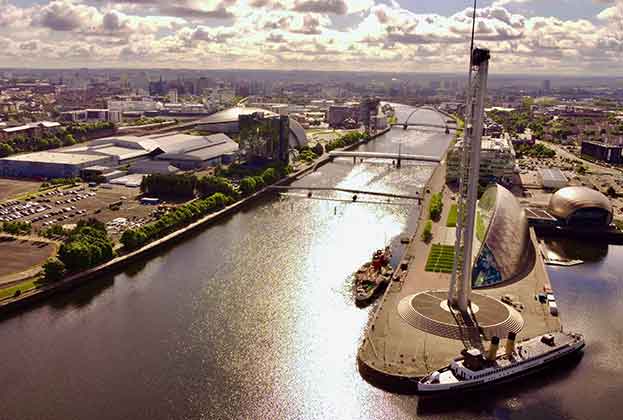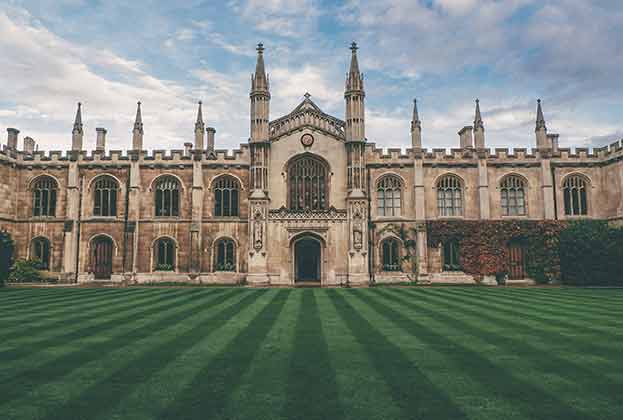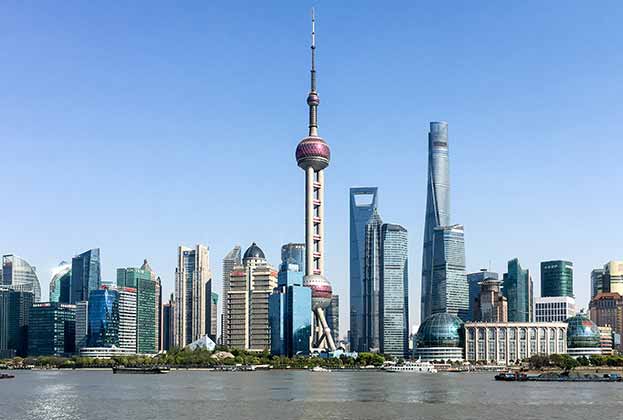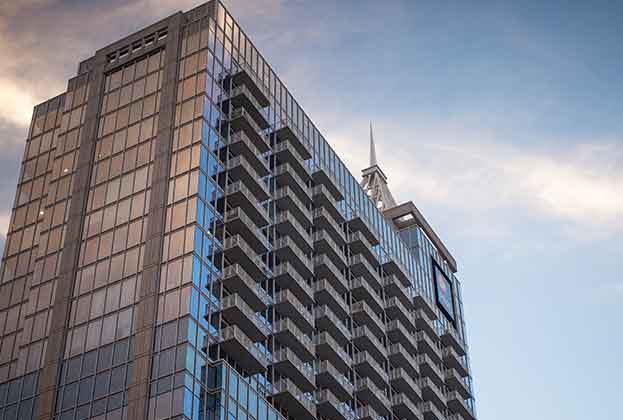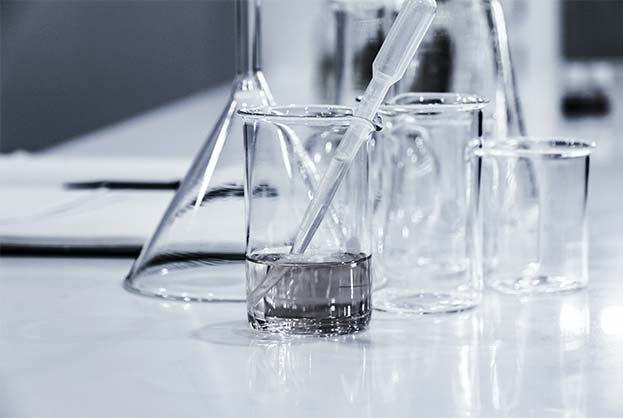Beyond the R&D stage, it is important to consider the life science manufacturing real estate opportunities
Global demand for biologics is at an all-time high. According to a CPhI report, by 2025 Europe will overtake North America as the top location for biologics manufacturing. With its robust pharma heritage, ample availability of highly skilled workers, and a reputation for industrial quality and reliability, Western Switzerland is poised as a leader in the field, helping to meet demand for innovative therapies and medicines to treat cancer, Covid-19, genetic diseases and neurodegenerative disorders.
The region provides efficient and rapid solutions in terms of establishing strategic partnerships with world-class CDMOs and setting up new production facilities. Companies considering insourcing can find the best fit for their needs – from a few hundred square metres (sq m) up to 200,000 – in this export-oriented region, served by a dense network of suppliers and service providers.
Unsurprisingly, many global companies have invested in biomanufacturing in Western Switzerland in recent years. In October 2021, ThermoFisher Scientific opened a 140,000 sq m facility in Lengnau. The site features highly flexible bioproduction technologies, including both single-use and stainless-steel with up to 12,500 litres of bioreactor capacity. It will initially support manufacturing of CSL’s next-generation product for haemophilia patients. Over time, it will be expanded to serve additional biopharma customers.
International companies are often drawn to Western Switzerland because of the large pool of R&D, production and management professionals
Yassin Nahi, Director Life Sciences, Greater Geneva Bern area
In August 2021, US-based biopharma company Incyte inaugurated its first and only in-house biomanufacturing facility in Y-PARC, Switzerland’s largest technology park located in Yverdon-les-Bains. The BioPlant consists of a 13,300 sq m campus composed of three buildings housing production, technical operations and analytical labs. “We wanted to set up operations in Europe, and Switzerland, with its tradition of pharmaceutical production, emerged as the obvious choice,” said Hervé Hoppenot, CEO. This investment follows the establishment of Incyte’s European headquarters in the Swiss city of Morges in July 2020.
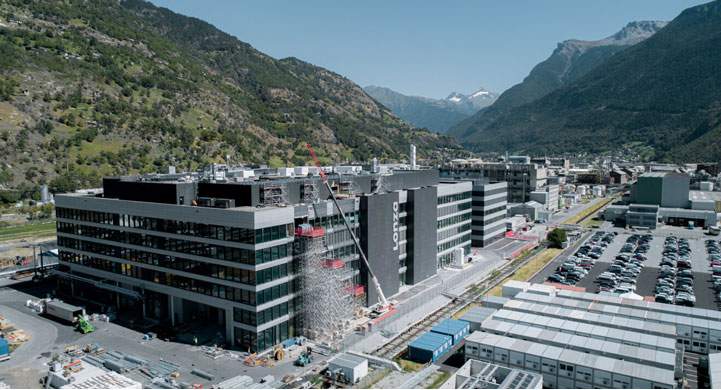
Lonza, Visp Building upon the region’s established excellence in life sciences | Copyright Lonza Ltd
Merck has invested more than $1 billion in Switzerland over the past ten years. In Western Switzerland, the German drugmaker has two major projects underway: a new building at its biotech manufacturing site in Aubonne, and a state-of-the-art biotech development facility located near its commercial manufacturing site in Corsier-sur-Vevey. The latter – a 15,700 sq m facility bringing together a cross-functional team of approximately 250 employees spread across different sites today – will be Merck’s global centre of expertise for biotech development and manufacturing for clinical studies.
In 2017, Lonza started the Ibex™ biomanufacturing complex at its Visp site. Built on a brownfield surface of 100,000 sq m, Ibex™ offers modular solutions to biopharma customers at every stage of development and manufacture. These include Servier, Kodiak, Sanofi, and most notably Moderna, with six production lines installed in record time and dedicated to manufacturing the drug substance for its Spikevax Covid-19 vaccine.
View from Switzerland
Western Switzerland’s life sciences hub – the so-called Health Valley – is one of the most advanced and diversified life sciences hubs in the world. In 2021, it was ranked as the 2nd leading life sciences cluster in Europe, and the 12th worldwide, by Startup Genome. This small region at the crossroads between Germany, France and Italy earns 25% of all export income from pharma, biotech and medtech products. More than 1,000 life sciences companies contribute to this impressive performance: from cutting-edge startups spun out from local universities to Swiss unicorns like ADC Therapeutics, Mindmaze, and Sophia Genetics, to multinationals such as CSL Behring, UCB, and WuXi AppTec. Compared to other life sciences hubs around the world, the Health Valley fares well in the fierce competition for talent.
International companies are often drawn to Western Switzerland because of the large pool (37,500) of R&D, production and management professionals. This deep talent pool is the result of the region’s unparalleled quality of life, which is a magnet for foreign skilled workers, combined with an efficient educational system geared towards market needs. As an example, specific training initiatives designed to boost capabilities in biomanufacturing have been launched by the Biofactory Competence Center (BCC) in Fribourg and the Bertarelli Foundation Gene Therapy Platform at the Swiss Federal Institute of Technology in Lausanne (EPFL).
Read the articles within Spotlight: Life Sciences – Trends & Outlook below.
.jpg)
